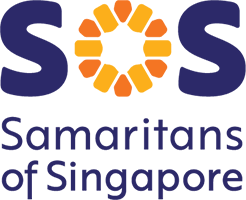With an increase of more complex social issues, Social Service Agencies may be expected to develop their capabilities to deliver services that are client-centric, relevant and effective. A two-year study of 10 organisations by the National Council of Social Service (NCSS) from 2016 to 2018 found that when they hired a volunteer manager, their volunteer pool increased in total from 27,000 to 41,000 and volunteer hours increased from 189,000 to 422,000 hours. Volunteers are critical support to the Social Services as they strengthen manpower capabilities, assist in service delivery and enhance community engagement.
Aligning with what was mapped out in the NCSS Learning and Development Roadmap for Volunteer Management Practitioners (VMP) which mirrors closely to the Skills framework that outlines technical skills and competencies required by VMPs, this 2-day course aims to equip VMPs with the essential technical skills and competencies to support organisational volunteer programmes as Social Service Agencies anticipate changes in the volunteering landscape and implement new programmes that are beneficial to the service users and volunteers.




